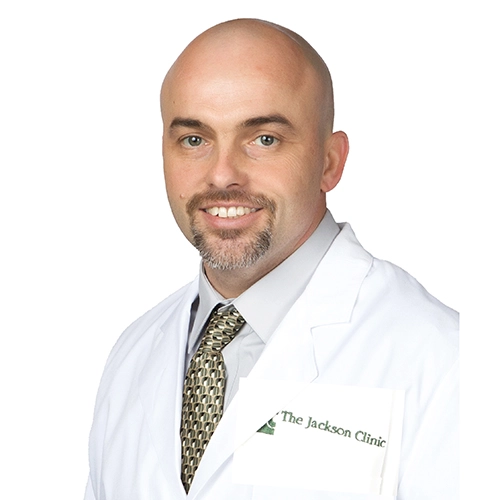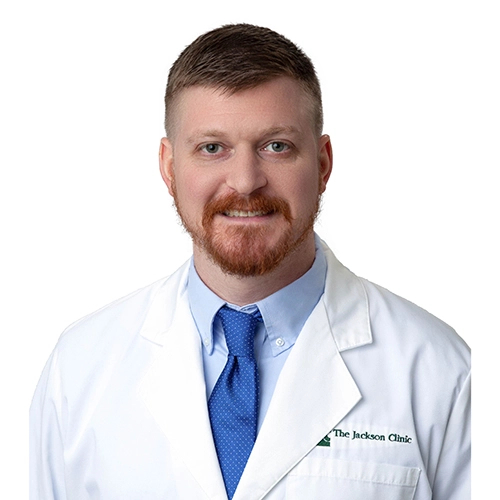About Hospitalists

The Jackson Clinic's successful hospitalist program was launched in 1997, the first of its kind in West Tennessee. Since then, our hospitalists have improved the quality of medical care and patient satisfaction during hospital stays.
Hospitalists specialize in the total medical care and experience of hospitalized patients in Jackson and West Tennessee. While your primary physician is caring for patients in the office, the hospitalist is available to provide a daylong, active presence at the hospital.
Our Services
A hospitalist manages your care from admission to discharge, which may include:
- Documenting procedures and findings over the course of the patient's hospital stay, including diagnoses, medications, and examinations.
- Coordinating your inpatient care team of nurses, specialist and primary care providers, surgeons, pharmacists, social workers, rehabilitation professionals, etc.
- Collaborating with surgeons and critical care providers by managing and providing medical care to surgical and ICU patients.
- Keeping the patient’s primary care provider informed and up to date on the patient’s progress.
- Assuming care responsibilities for patients that lack a regular primary care provider.
The documentation and communication performed by the hospitalist ensures that a patient's treatment plan is comprehensive and seamlessly transitions from hospital staff to their primary care provider after discharge.
Better Communication. Shorter Hospital Stay. Better Care.
Your Jackson Clinic hospitalist is a doctor who has focused their practice on the full-time care of hospitalized patients. Hospitalists are usually trained in internal medicine or critical care, but also come from other medical backgrounds; because they do not see patients in the clinic, they are able to be in the hospital during the day, working with the staff to manage your hospital stay with more efficiency, improving overall patient satisfaction.
The hospitalist works with your regular doctors by keeping them informed of major changes in your condition and involves your primary physician in major decisions concerning future medical needs.
Without office patients to see, the hospitalist's full-time role is to provide consistent, high quality care for the hospitalized patient that includes:
- Focused and responsive to the patients needs.
- Efficient communication with family and other physicians.
- Efficient use of hospital services.
- Prompt follow-up on results of diagnostic tests.
- Rapid evaluation of changes in your condition.













